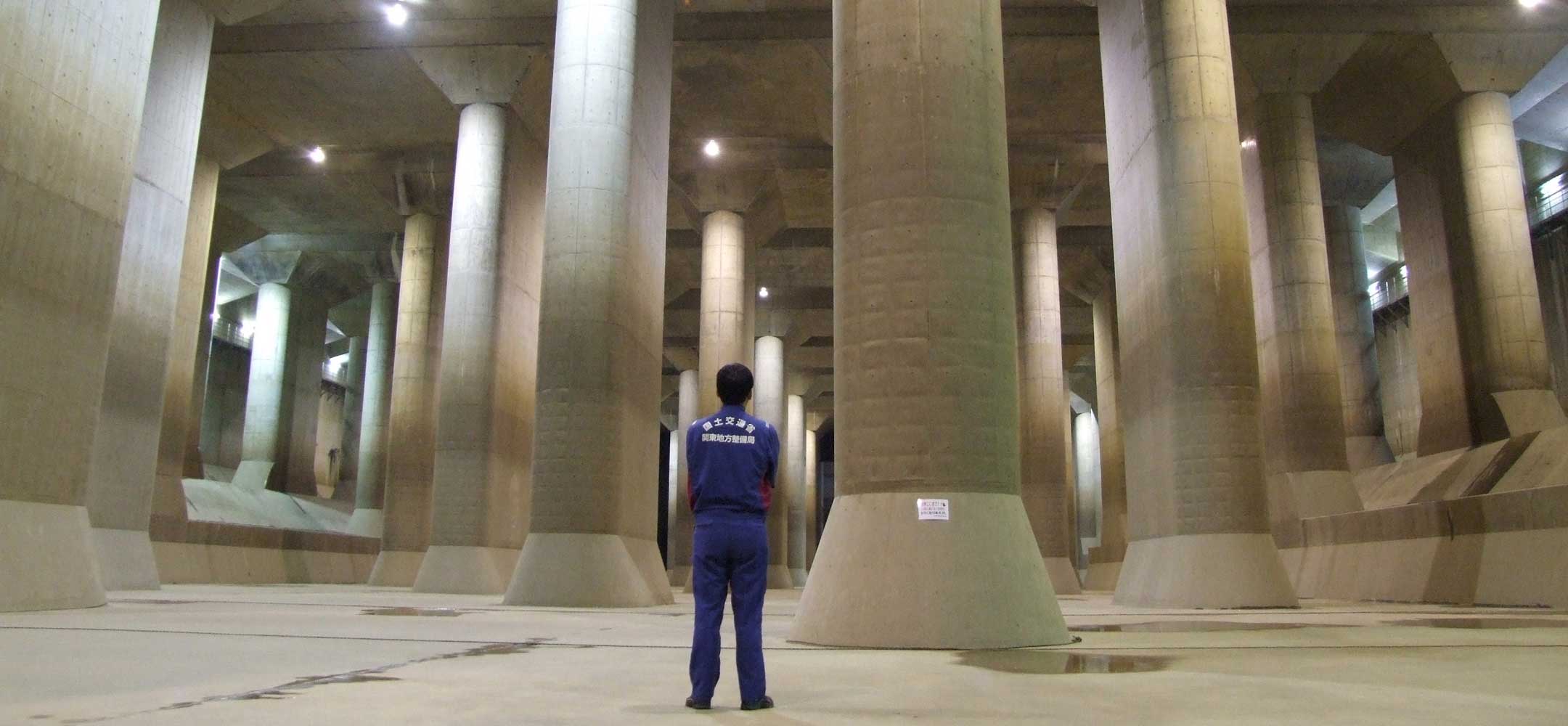It’s so crazy, it just might work.
The Harris County Flood Control District is exploring the possibility of building several massive, deep tunnels aimed at keeping storm water out of flood-prone neighborhoods and carry it underground for miles to the Houston Ship Channel during major storms.
Never before tried around Houston, the project likely would cost several billion dollars and it is not clear where the money would come from, officials said. Specialized machines methodically digging 100 to 200 feet underground would take several years to complete the tunnels, which would seek to drain floodwaters from bayous across the county.
Officials with the flood control district said the idea could be a bold answer to the devastation wrought by Hurricane Harvey, and dramatically improve Houston’s defenses against deadly floods where other strategies have fallen short.
“What the flood control district has been doing for decades doesn’t occur fast enough or it doesn’t have the benefits that the public really wants,” said Matthew Zeve, director of operations at the flood control district. “We’ve been challenged to try to think of new ideas and new strategies and this is an answer to that challenge.”
[…]
A feasibility study is expected to cost around $400,000 and be completed by October.
News of the proposal fueled optimism and skepticism Friday — optimism that Harvey finally could force radical changes to Houston’s flood control strategy, and skepticism that such a monumental project could be accomplished when much less ambitious ideas have languished for decades.
Rep. John Culberson, R-Houston, said in a statement he is “encouraged” the flood control district “is thinking outside the box and plans to conduct a feasibility study on this proposal. It certainly seems like this type of project could be partially funded by FEMA hazard mitigation grants and, perhaps, through other federal sources, as well.”
Houston’s flood czar, drainage engineer and former city councilman Steve Costello, said the project could be a potential paradigm shift for the region’s flood risk.
“We’re trying to lower the risk; we’re never going to be able to totally eliminate the risk,” Costello said, referencing efforts to improve drainage through local projects. “Well, a tunnel system, quite possibly, could eliminate the risk.”
As expensive and complex as it would be – Costello said he was told it could cost perhaps $100 million per mile, in Houston’s soils – he said tunnels may be the most cost-effective way to achieve the gold standard of 100-year storm protection in every major channel.
Jim Thompson, regional CEO for engineering Giant AECOM, said the tunnels are “worthy projects” that warrant further study, but said officials ought to prioritize long-identified projects along bayous and city streets first.
“Would it provide the cure-all relief that everybody is seeking? No,” Thompson said. “Would it provide a noticeable decrease in flood levels and risk of flooding? The answer is possibly yes.”
There’s a connection to Elon Musk in all this, because of course there is. Other cities, like Tokyo, have similar tunnels, so the idea is neither crazy nor unprecedented. But like all things, until and unless there’s a budget and an appropriation, it’s just an idea. Commissioners Court has approved the feasibility study, so we’ll see what they come up with.


IIRC wasn’t there a proposal to add some sort of flood tunnels when I10W was expanded? Sounds like that was a big missed opportunity.
I would be interested to know more about the colossal pumps that would be required to effectively move all this water since gravity won’t be helpful if these tunnels are 100-200 below ground, i.e. below sea level.
And what about the reliability of the power source required for these huge pumps?
I’m imagining the 2050 runaway hit disaster movie, “Sinkhole” depicting the 2048 earth-collapse disaster in Houston.
I wonder how they will deal with the thousands of abandoned oil wells that might be in the tunnel routes